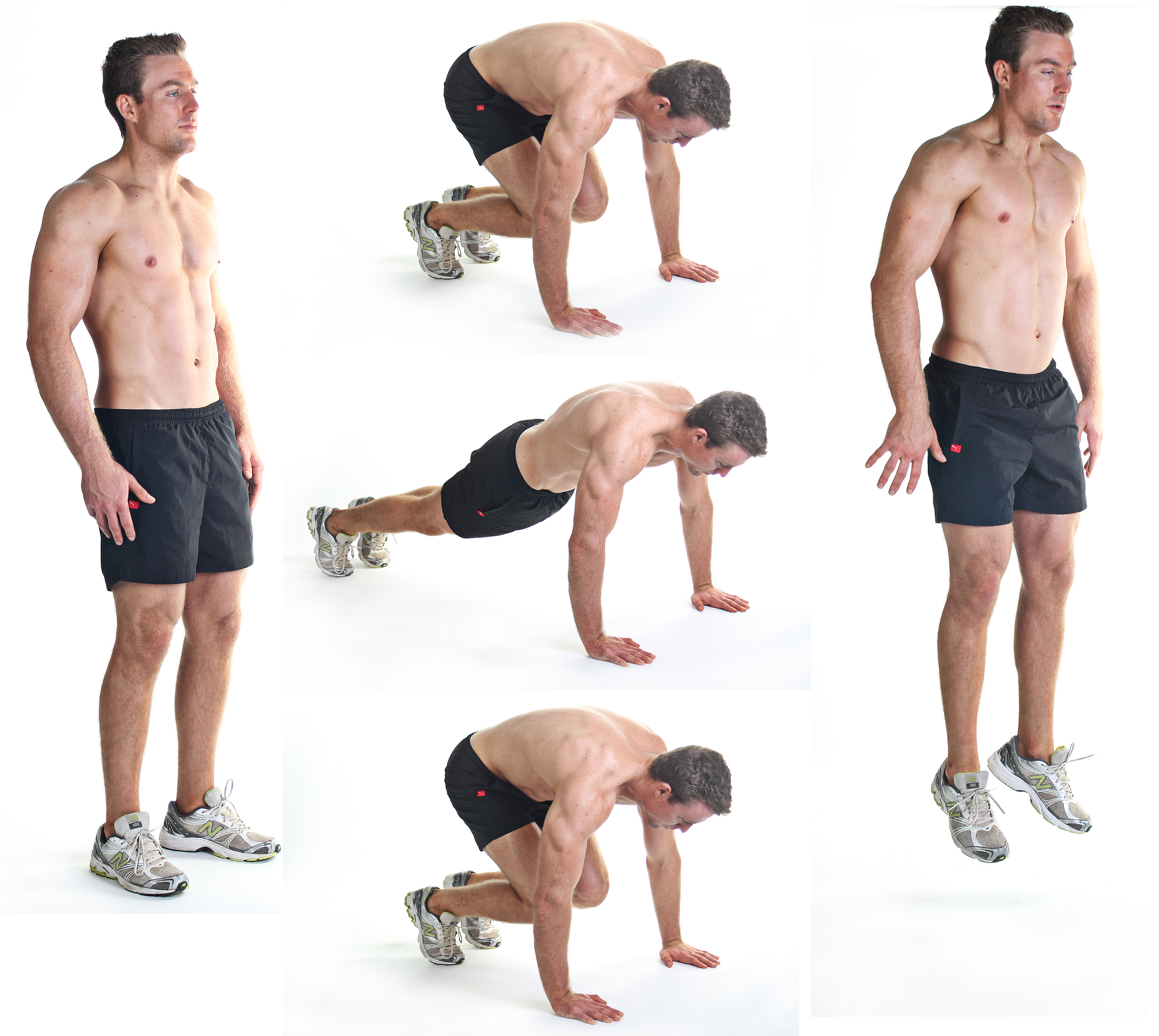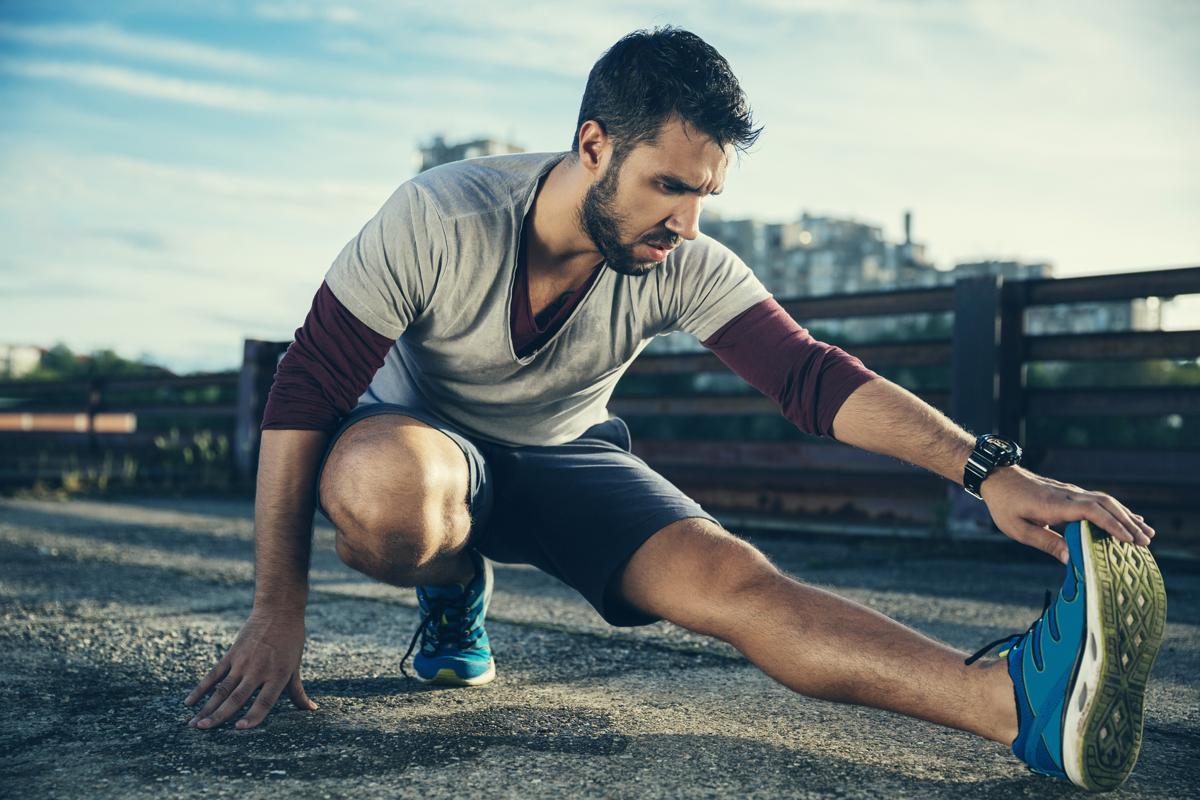Exercising may feel like a chore, but the truth is that it can help you stay healthy, especially during cold and flu season. These seven exercises can help boost your immunity and keep you from getting sick so easily. Incorporate them into your regular routine, and soon you’ll be on your way to healthier living!
Warm Up and Cool Down
Doing some light exercise before and after you hit your sweat session is beneficial for a few reasons. First, it gets your blood flowing, which is important because that helps your immune system function properly. Second, warming up and cooling down are effective ways to help prevent injuries. Finally, studies have shown that warming up helps you perform better during workouts (cooling down may also be beneficial).
Exercise 1 – Burpees
Exercise 2 – Squats
Squats are probably one of the best exercises for building your immune system, thanks to their ability to target nearly every muscle in your body. Performing squats will not only increase your muscular endurance and strength, but also help improve flexibility. Plus, squats are easy to do—you just stand up with a barbell on your shoulders, lower yourself into a squatting position while sitting back slightly at your hips and then straighten back up again. Squats don’t even require any special equipment and can be done at home or in a gym—and they take very little time. A good rule of thumb is that if you can do more than 15 reps without struggling, it's too light for you!
Exercise 3 – Push Ups
As we age, our muscles naturally lose muscle mass and strength. To boost your immunity, you can do push ups on a daily basis as it will strengthen your arms and shoulders in addition to your chest. Make sure that when you do push ups, you don’t let your back sag or stick up too much so that it flattens out. Instead, keep a straight line from head to toe while doing them. In case you are wondering why they are called push ups instead of just plain old push? That is because when doing push ups as part of an exercise routine, your upper body should be suspended above floor level with bent elbows in a raised position before slowly pushing yourself back up again.
Exercise 4 – Lunges
Lunges are powerful immunity boosters. Stand with your feet slightly wider than hip-width apart and take a giant step forward with one leg while bending both knees. Push your hips backward as you lower yourself until your back knee almost touches the floor and then return to starting position. Do 15 reps on each leg, three times a week for maximum results.
Exercise 5 – Jumping Jacks
While known primarily as a warm-up exercise, jumping jacks are great for strengthening your immune system. The jump is explosive, which means you’re using both slow and fast twitch muscle fibers. This not only makes your body stronger but it also builds endurance that will help you fight illness. In addition, jumping jacks are simple enough that anyone can do them—and chances are you already know how! They’re a surefire way to get your blood pumping in no time.
Exercise 6 – Stretching Routine (5 Minute)
Exercise 7 – Pranayama Breathing Techniques
Pranayama is a fantastic exercise for boosting your immunity and overall health. Practicing Pranayama exercises can help you control your metabolism and increase your lung capacity. If you have cold or allergies, try doing some of these breathing techniques on a daily basis. They will make you feel better, boost your energy levels, and get rid of that pesky cough! Here are 7 steps to do pranayama that are simple enough for anyone to practice: 1) Sit comfortably in a meditative position with straight back and head. 2) Close your eyes and take deep breaths. 3) Inhale deeply through both nostrils until lungs are full. 4) Hold breath for as long as possible without straining yourself. 5) Exhale slowly through both nostrils while making sure air flows out smoothly from lungs without any hindrance. 6) Repeat steps 2-5 at least ten times each day until you master it completely. 7) Once you’ve mastered step 6, start practicing pranayama during any activity such as walking, talking or even eating food! This way you’ll be able to breathe freely while performing other activities too!








Comments
Post a Comment
Please do not enter any spam link in the comment box.